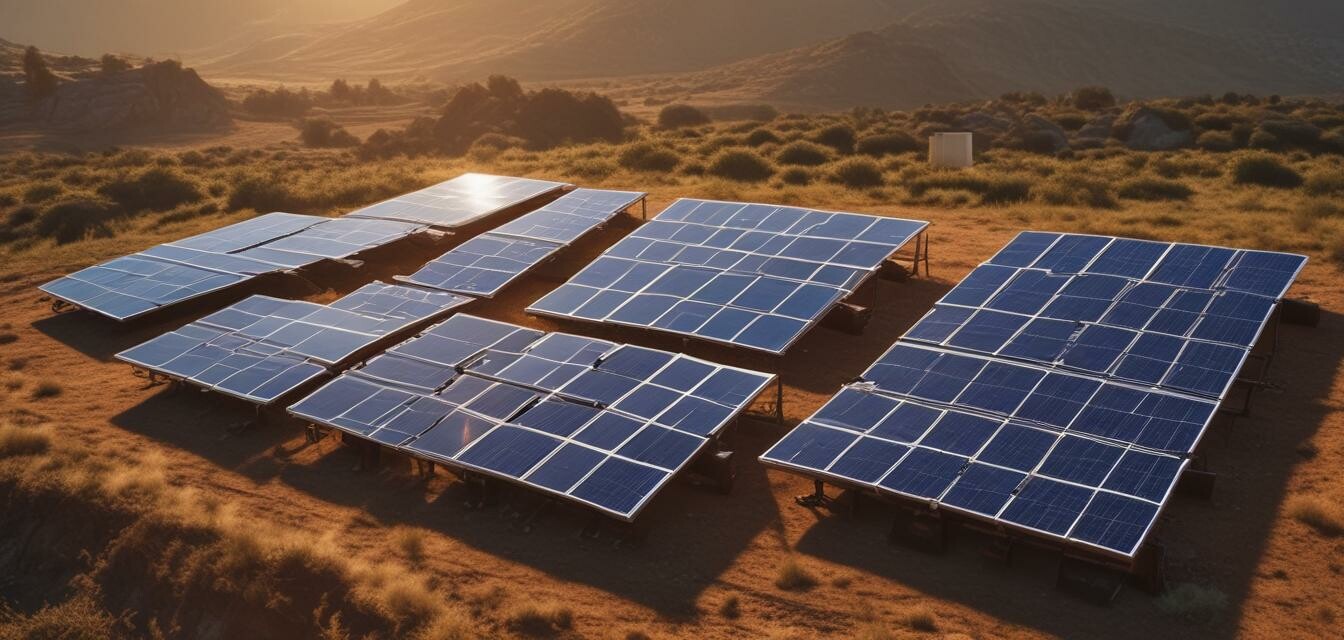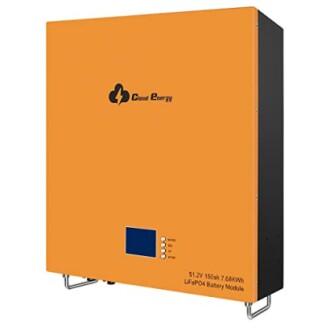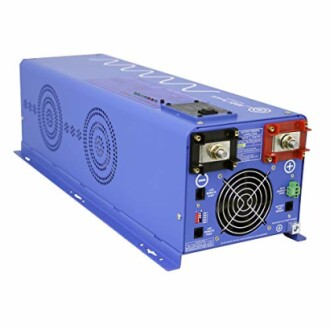
Choosing the Best Battery Storage for Off-Grid Systems
Key Takeaways
- Understanding battery chemistry is crucial for selecting the right battery for your needs.
- Look for batteries with high cycle life and efficient depth of discharge (DoD).
- Consider compatibility with your solar panel system and other components.
- Evaluate the warranty and customer support provided by battery manufacturers.
- Assess your power needs and choose a system that meets these requirements effectively.
As more people transition to off-grid living or hybrid systems, the demand for effective battery storage solutions continues to grow. In this guide, we'll explore the important factors to consider when selecting battery storage for off-grid solar systems. From compatibility to capacity, let's dive into what makes a great battery for your energy needs.
Understanding Battery Chemistry
One of the first things to assess is the battery's chemistry. The three most common options for off-grid systems include Lead-Acid, Lithium-Ion, and LiFePO4 (Lithium Iron Phosphate). Each of these options presents unique advantages and disadvantages.
| Battery Type | Advantages | Disadvantages |
|---|---|---|
| Lead-Acid | Lower cost, widely available | Shorter lifespan, larger size |
| Lithium-Ion | Longer cycle life, lighter weight | Higher initial cost |
| LiFePO4 | Long lifespan, high safety | More expensive than Lead-Acid |
Evaluating Capacity and Depth of Discharge
Capacity is one of the most critical factors when choosing a battery. It defines how much energy can be stored and, consequently, how long it can power your devices. Depth of Discharge (DoD) term refers to how much capacity can be safely discharged without damaging the battery.
For instance, a product like the 48V 150Ah Wall Mounted Lithium LiFePO4 Deep Cycle Rechargeable Battery provides more than 6000 deep cycles with a maximum DoD of 80%, ensuring you get the most out of your battery over its lifetime.
48V 150Ah Wall Mounted Lithium LiFePO4 Deep Cycle Battery
Offers a lifespan of over 6000 cycles, built-in BMS, and ideal for solar and off-grid applications.
Learn MoreCompatibility Matters
Ensuring that your battery works seamlessly with your solar panels and other components is critical. Always check for compatibility with Charge Controllers and Inverters. A good battery charger is also essential to maintain the battery properly. For optimal efficiency, refer to our article on Solar Charge Controllers.
Power Needs Assessment
Before making a purchase, assessing your power needs is essential. Calculate your total energy consumption and compare that with your chosen battery's discharge specifications. This will ensure you select a battery that will effectively meet your household energy requirements.
Beginner Section: Tips for Choosing Battery Storage
- Start by determining your total energy consumption per day.
- Research battery types and their capabilities.
- Consider the efficiency and warranty offered by manufacturers.
- Check product reviews and customer experiences.
- Consult with a professional for installation if needed.
Warranty and Customer Support
A long warranty can be an indicator of a good quality battery. Most reputable manufacturers will provide at least a 5 to 10-year warranty. In addition, assess the customer support options available to ensure you receive assistance if you encounter issues.
Pros
- Improved self-reliance with renewable energy.
- Lower utility costs in the long run.
- Reduced carbon footprint.
- A variety of options to suit different needs and budgets.
Cons
- High initial investment for battery storage systems.
- Requires regular maintenance.
- Lifespan can vary significantly based on usage.
Conclusion
Choosing the best battery storage for your off-grid systems ultimately depends on a myriad of factors, including compatibility, capacity, and specific energy needs. Opting for high-quality batteries like those seen in this guide will ensure you have a reliable power source to sustain your off-grid lifestyle. Don't forget to check out our other resources, such as Solar System Sizing and Planning for additional guidance.
Explore More Products
AIMS Power 6000 Watt Pure Sine Inverter Charger
Features robust performance with 6000 watts continuous and perfect for large off-grid applications.
Explore Now




